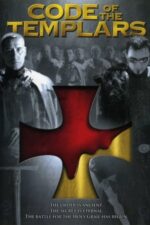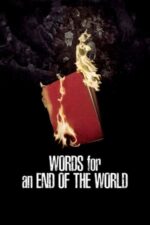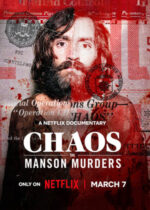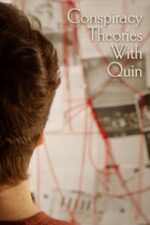Down the Rabbit Hole: Exploring Conspiracy Theories in Film
Isn't it fascinating how readily we latch onto narratives that challenge what we think we know? I mean, even I find myself occasionally spiraling down Wikipedia rabbit holes about obscure historical events – and I consider myself relatively grounded! That inherent human desire to question, to seek hidden meanings, is fertile ground for conspiracy theories, and unsurprisingly, it’s been a recurring theme in film for decades.
It's more than just "Area 51" t-shirts and tin foil hats (though those have their charm!). At its core, the appeal of a conspiracy theory lies in the promise of understanding – offering a seemingly logical explanation for events that feel chaotic or overwhelming. Think about it: when faced with tragedy or political upheaval, it can be comforting to believe there's an order behind the madness, even if that order is sinister and hidden.
The film Words for an End of the World, for example, beautifully illustrates this in the context of the Spanish Civil War. Miguel de Unamuno, a prominent intellectual, finds himself navigating a landscape saturated with propaganda and misinformation. The very act of questioning the official narrative – even if it’s driven by genuine moral integrity – becomes a dangerous proposition. It highlights how easily narratives can be manipulated to control populations, a key ingredient in many conspiracy theories.
Then you have something like CHAOS: The Manson Murders. While the film explores the horrific reality of those events, its exploration of potential CIA involvement taps into a deeper cultural anxiety about government overreach and hidden agendas – anxieties that fuel countless conspiracy theories today. It’s not necessarily endorsing the theory itself, but acknowledging the fertile ground from which such beliefs can grow.
The rise of the internet has only amplified this phenomenon. The Antisocial Network: Memes to Mayhem is a brilliant look at how platforms like 4chan have become breeding grounds for both creativity and misinformation. The anonymity these spaces offer allows theories, no matter how outlandish, to spread rapidly, often with real-world consequences – something starkly illustrated in The Truth vs. Alex Jones. That documentary isn't just about one man; it’s a chilling examination of the power of online echo chambers and the devastating impact of deliberately spreading falsehoods.
Even seemingly lighter fare like Brick plays with the idea of hidden forces at work. The sudden appearance of that wall, isolating the community, feels inherently conspiratorial – a visual representation of feeling trapped by unseen powers.
Ultimately, films exploring conspiracy theories aren't necessarily about proving or disproving them. They’re about examining why we believe what we do, and the psychological need to find patterns in a world that often feels random and unpredictable. They force us to confront our own biases and consider how easily narratives can be shaped – and how vital it is to question everything.
What films have you seen that really got you thinking about conspiracy theories? I'd love to hear your thoughts!































